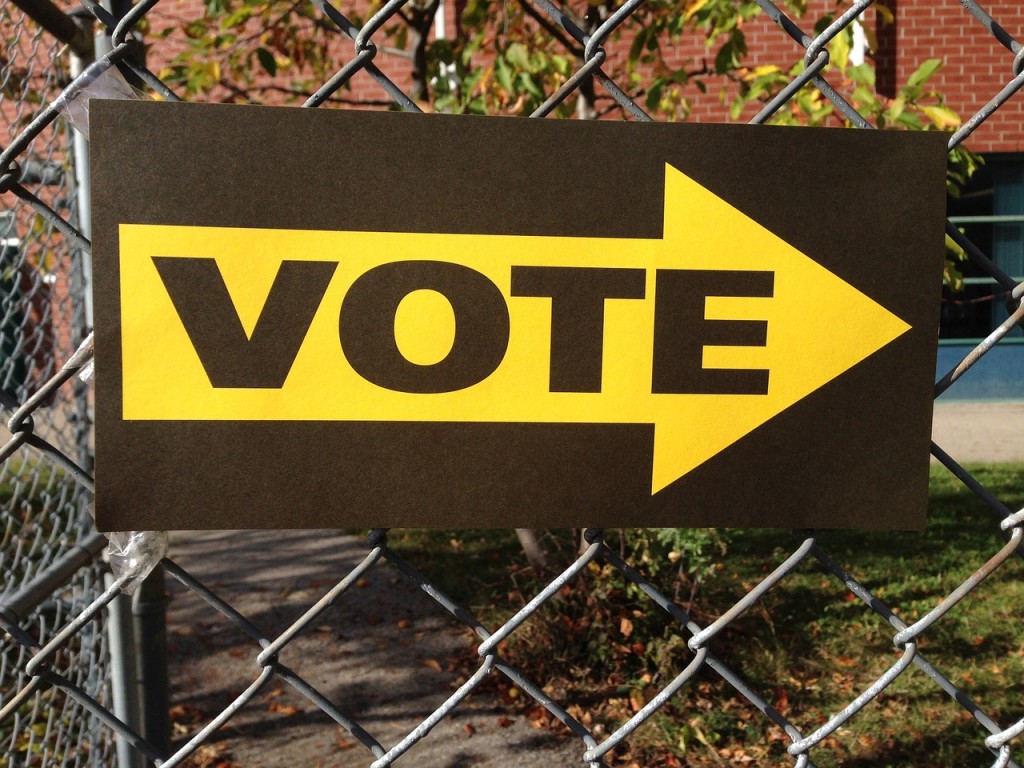In democratic societies, elections are determined by the vote of the people. The democratic process in the United States elected President Trump in 2016. Four years later, after all legal votes are counted and verified, the same process may require that he peacefully transfer that power to someone else.
Clearly, from now until the inauguration on January 20, 2021 it will take many state election procedures and court battles in key battleground states to clear up all uncertainties about this election’s popular vote. The democratic process relies not only on the belief of the citizens in it, but also upon their patience with procedures that are comprehensive and time-consuming.
Accordingly, President Trump might have jumped the gun when he claimed, “If you count the legal votes, I easily win”.
The peaceful transfer of power has been an essential part of the successful American experiment in democracy over the past 200 years. If a president refused to step down after losing the vote, it would create an immense destabilizing effect on society.
It would mean that a president was taking the American voting system and democracy itself down with him. Let us hope that will not occur.
In the meantime, to pursue the official call on the winner of this year’s presidential election in the United States, all legal votes need to be counted and verified, including still currently outstanding ballots.
According to the Election Assistance Commission (EAC), less than 5% of voters in North Carolina, Pennsylvania and Wisconsin voted by mail in 2016. This year, 1.2 million or 21% of North Carolinians, 2.6 million or 37% of Pennsylvanians, and 1.2 million or 34% of Wisconsin residents requested mail-in ballots.
As these votes tend to be counted later than those cast at a polling station, President Trump’s leads began fading as early as the night of November 4. This development has resulted in many questions among those following the unofficial vote count, especially among Trump supporters.
Interestingly, U.S. states all have their own respective election laws, which among other things regulate mail-in voting, and voters must take these widely divergent legal rules into account, especially those that determine by when an absentee vote must be cast and by when it needs to arrive to the election office.
While the respective state election laws vary in many details, common to them all is the stipulation that mail-in ballots must be postmarked by election day at the latest.
|
U.S. STATE |
Return absentee ballots to election offices by (postmarked by) |
|
Florida |
Election day (3 November) at 7 pm |
|
Georgia |
Election day |
|
Iowa |
The close of the polls on election day |
|
Michigan |
Election day at 8 pm |
|
Minnesota |
10 November (postmarked by election day) |
|
North Carolina |
12 November at 5 pm (postmarked by election day) |
|
Ohio |
13 November at 7:30 pm (postmarked by 2 November) |
|
Pennsylvania |
6 November at 5 pm (postmarked by election day) |
|
Wisconsin |
Election day at 7 pm |
With millions of mail-in votes cast this year, it has been reported that the majority have been for Joe Biden. There are two main reasons for this development. First, Biden voters tended to be more apprehensive than Trump supporters about possible exposure to COVID-19 at polling stations.
Trump voters, on the other hand, were more anxious about voting by mail, in part because the president himself instructed them not to trust this type of voting and to instead vote in person or drop off their absentee ballots directly at the polling location.
December 8 is the deadline by which, under U.S. federal law, states must resolve any issues pertaining to the Electoral College.
Hence, U.S. states have more than a month after election day to tally the popular vote, settle any challenges, certify the results, and award their electoral votes. The American people expect both state and federal law to be followed in determining which slate of electors the states are sent to the electoral college.
Instead of doubting and possibly even undermining the democratic process, Americans, including their president, should trust their election process and understand that in its effort to be accurate, transparent, and fair, it takes time and verification in order to make the final calls.
These are not determined by what politicians say, even if this politician is the President of the United States. Instead, they are decided by the citizens’ votes, with election offices enforcing the state election rules and the courts resolving potential disputes relating to the election process itself.
The article is syndicated by 4Liberty.eu Network.
This article appeared on The Market for Ideas on November 3, 2020 and Delo on November 10, 2020.



